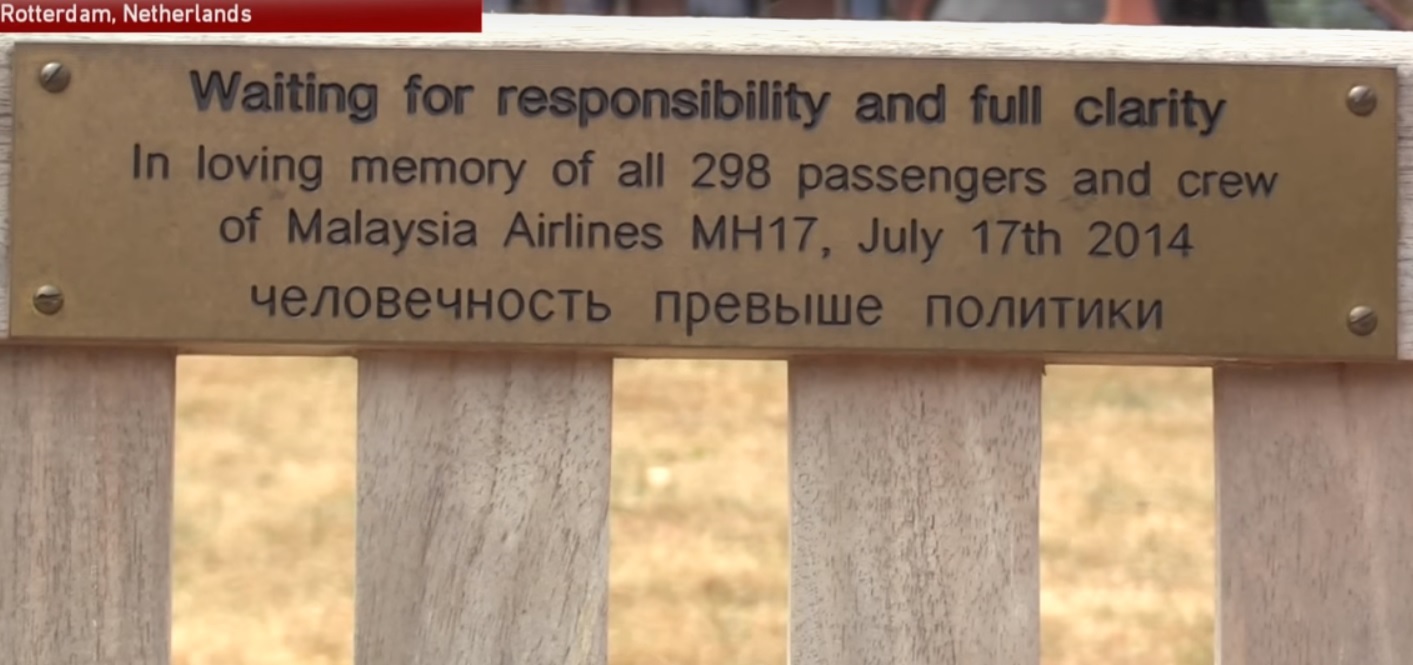OSCE General Secretary Lamberto Zannier will visit the special monitoring mission in Ukraine on Wednesday, the mission reports on its Twitter page. The goal of the visit, as OSCE representatives note, is to discuss the activities and problems of the mission which, in particular, is surveying how events develop in Donbas, where combat continues. OSCE representatives observed the latest parliamentary elections in Ukraine, deeming them democratic and transparent. At the same time, Zannier held several meetings with Ukrainian government representatives.
At the end of the visit, the OSCE General Secretary spoke with Ukraine Foreign Affairs Minister Pavlo Klimkin, reported Andriy Dziubenko, the national coordinator of the programs of the OSCE in Ukraine. He spoke about the goals of the visit and about the OSCE’s foreseeable plans regarding its work in Ukraine.
“They are talking about the numerous issues in cooperation: how can the OSCE, as an organization, be useful to Ukraine? It is an entire range, in particular, about broadening the monitoring mission, and the constant presence of the OSCE coordinator and representatives, which lend project help in all dimensions of security, in our understanding, they include democratization, economy, ecology, military and political aspects,” notes Andriy Dziubenko.
At the end of the meeting he added that the Ukrainian government and the OSCE leadership discussed the details of broadening the mission in Ukraine and the participation of the international organization in establishing Ukrainian national social dialogue. Besides, the OSCE wants to help the forced migrants from Crimea and the war-torn territories of Donbas.
Yakymenko: no illusions about the OSCE solving the conflict
Meanwhile international relations expert Bohdan Yakymenko calls not to overestimate the role of this and other international organizations, as solving the conflict in part of Donbas depends solely on Ukraine and the Russian government.
“We don’t need illusions that such organizations as the OSCE can solve the conflict in Donbas for Ukraine or in its name. The OSCE is unable to regulate a conflict wherein all sides are unwilling. On the occupied part of Donbas the pro-Russian separatists obviously don’t want deescalation, therefore we should not put too much hope on international monitoring missions. Peace in the east is something Ukraine has to agree on with Russia, or what it managed to get back. I don’t see any other possibilities,” the expert concludes.
However, the President’s Administration considers cooperation with the OSCE very significant in the issue of solving the conflict with the separatists and Russian troops in Donbas. As such, recently President Petro Poroshenko emphasized in his address that only Ukraine and the OSCE adhere to the Minsk accords for peaceful regulation. Separatists and Russia, who supports them, sabotage the peace process.
Earlier military experts, including Dmytro Tymchuk, civil activists and media representatives, accused the OSCE of the reluctance to conduct all-encompassing monitoring of the Ukrainian border in Donbas and the conflict zone, and sometimes even accused them of having an obviously pro-Russian position. In particular because of the big number of Russian citizens involved in the OSCE mission in Ukraine.
At the same time, photos appeared online and on Ukrainian TV channels on which pro-Russian mercenaries are getting into a vehicle belonging to the OSCE mission. The mission later confirmed that it did happen, and admitted that such situations are unacceptable and would not repeat again.
At the same time OSCE mission vehicles were attacked by the mercenaries, recently they lost one of their drones which was downed by pro-Russian mercenaries or Russian troops in Donbas. As to the other drone, the OSCE claims in its current report that on November 2 to the east of Mariupol its work over the territory under terrorist control was interrupted with the use of zenith systems, however, they did not manage to hit it. During another raid, the signal from the apparatus was blocked from the territories where separatists are located, with the use of modern radio-electronic methods.




